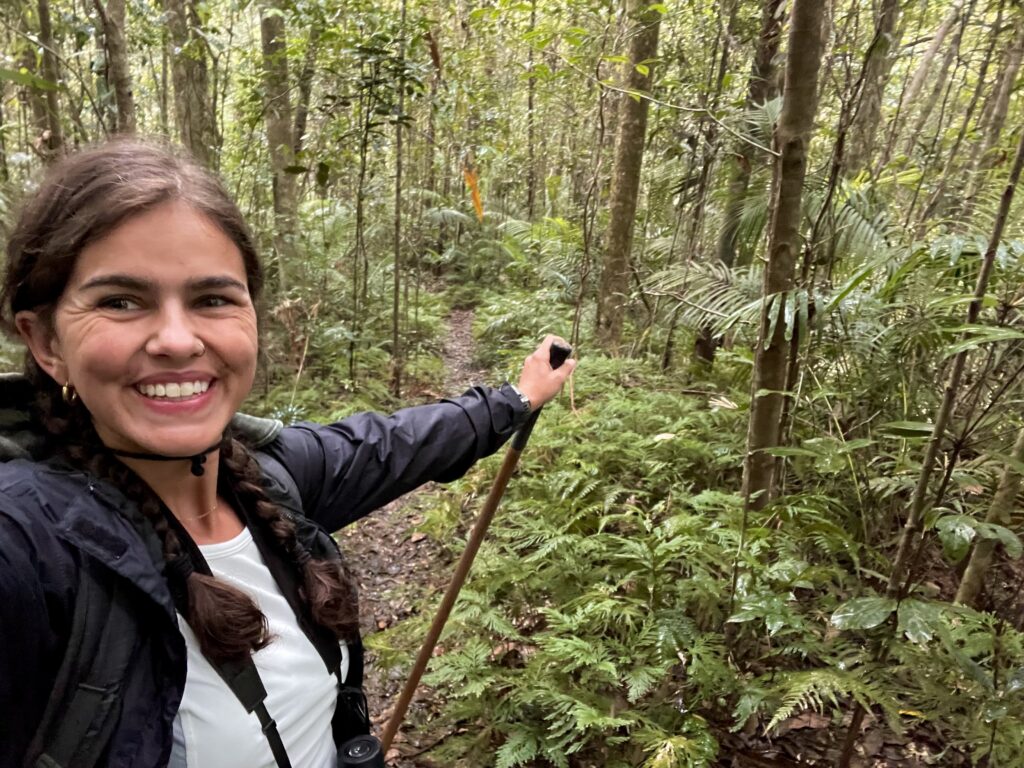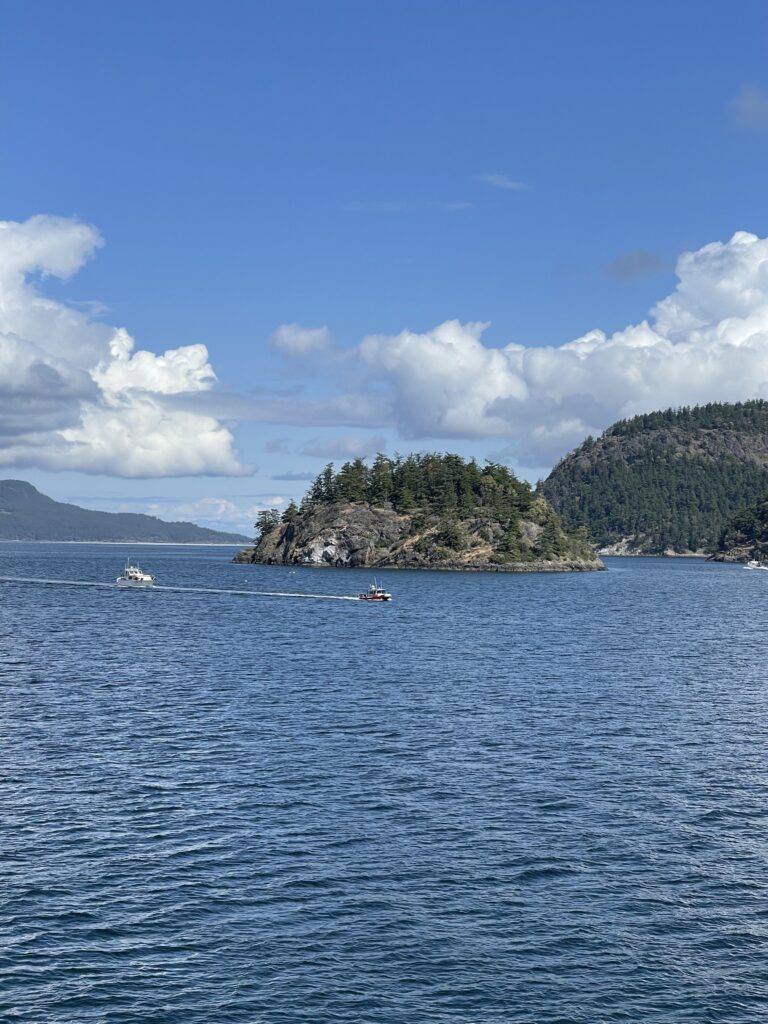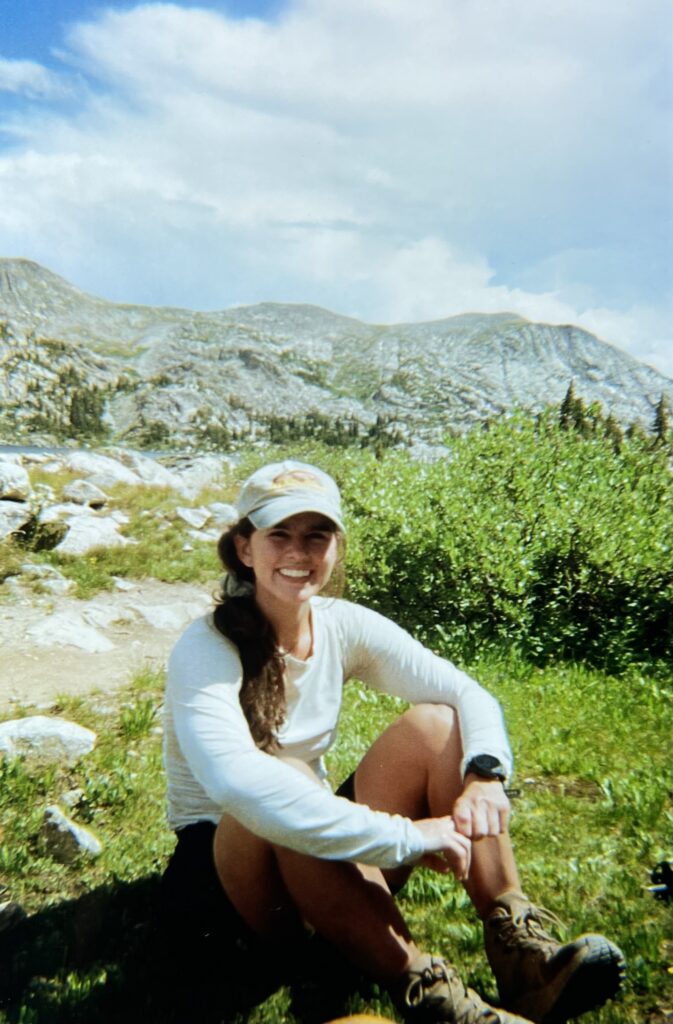How do you identify “an expert”? The answer to this question is more complex than you might think. Most of us might think of people with multiple degrees or extensive experience in a specific field as experts. However, as our guest this week is discovering, experts can be people with passion, people with connections or people with specific job titles. Recognizing the enacted and relationally valued characteristics of an expert is essential to creating systems where experts that reflect a community’s ideas and values are the ones making the decisions. One example is the community of people around and connected to the Puget Sound watershed region and the jurisdiction of the Puget Sound Partnership: an area spanning 12 counties and 28 recognized Tribal Nations. Large restoration efforts are underway to restore Puget Sound and prime the ecosystem for climate adaptation. These efforts hinge on not just access to climate adaptation knowledge, but who is recognized to apply such knowledge and the social structures to shape its uptake.

Our guest this week is Krista Harrington, a 4th year PhD Candidate in the Department of Fisheries, Wildlife, and Conservation Sciences. Krista utilizes political ecology and science, technology, and society theory in environmental natural resource management. During her Bachelor’s degree, Master’s degree and time spent working in wildlife conversation, she kept asking herself “who are we going to for expertise?”. This question ultimately shaped the path of her PhD work and is how she is contributing to restoring Puget Sound.

Tune into 88.7 KBVR Corvallis this Sunday (Nov. 23rd) @ 7pm to hear Krista explain her approach to understanding how the Puget Sound community defines what an expert looks like and how they are developing effective pathways for expert integration into climate adaptation strategies.
